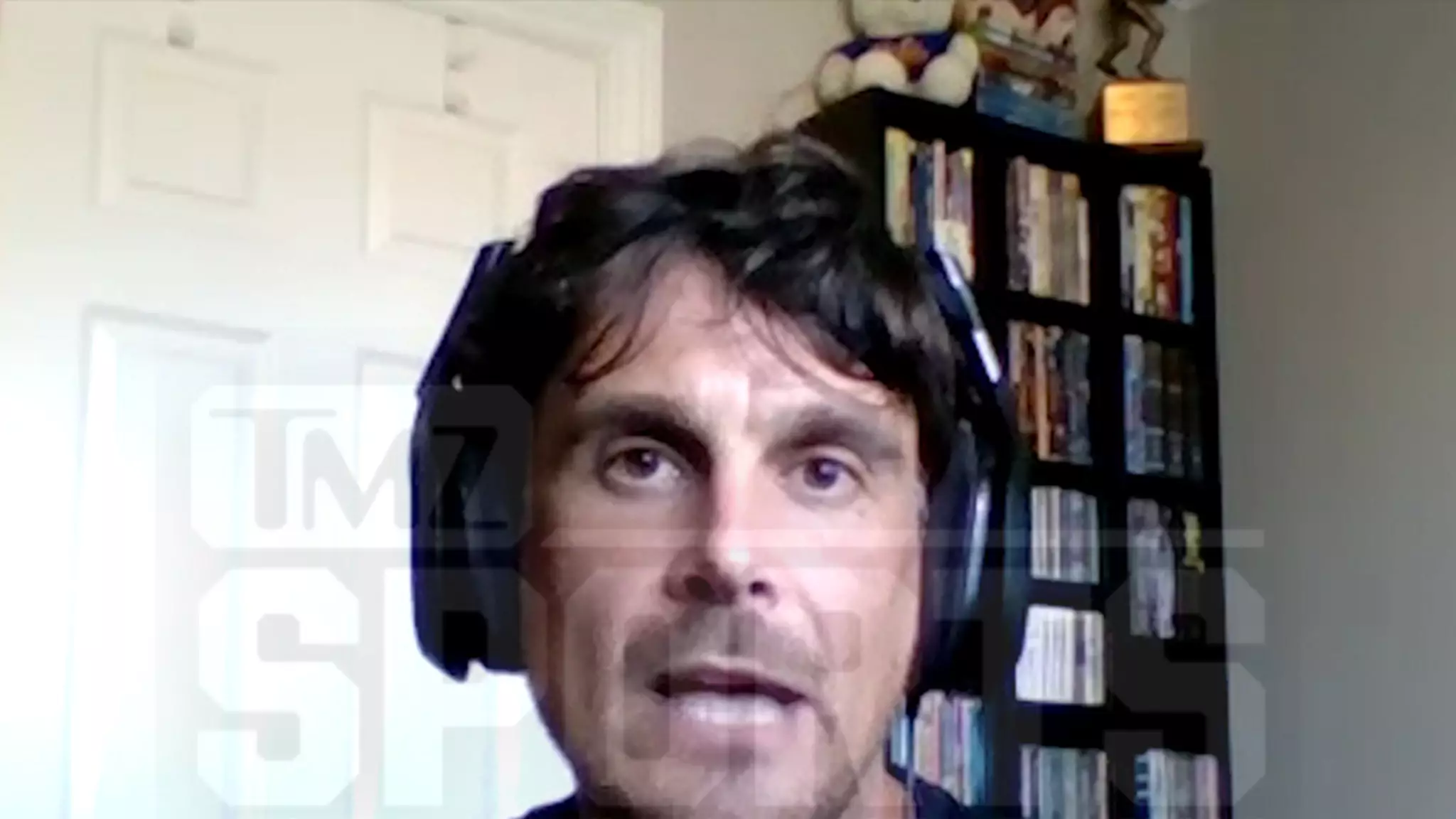Former NFL punter Chris Kluwe, famous for his time with the Minnesota Vikings, has recently emerged as a controversial figure beyond the football field. At a recent city council meeting in Huntington Beach, California, Kluwe delivered a passionate speech that criticized former President Donald Trump and the MAGA movement. This moment not only garnered significant media attention but also resulted in Kluwe’s arrest, catapulting him into the political spotlight.
Although Kluwe has stated that he doesn’t seek a political career, his recent actions have led to conversations regarding a potential run for office. Many individuals from the Democratic party have reportedly reached out to him, fascinated by the firebrand approach he adopted during his public address. Kluwe’s reluctance to pursue public office is rooted in his belief that political power is not his primary motivation—his focus seems to lie in empowering individuals to lead lives free from oppression and harm.
Kluwe candidly expresses his disdain for the demands associated with serving in public office, stating, “I want to sit at home and play video games.” This sentiment highlights a common theme among potential political candidates who grapple with the implications of entering the harsh world of politics. Serving the public is not merely a job; it requires immense dedication and compassion for societal issues, a commitment that Kluwe seems hesitant to undertake.
Yet, as he reflects on the current political landscape, particularly within the Democratic party, Kluwe articulates a sense of urgency for fresh perspectives. He believes that the existing leadership has failed to address the problems facing constituents effectively, noting that “it’s time for new faces to take over.” His interactions with local Democratic operatives suggest that he doesn’t dismiss the idea of political involvement altogether; rather, he critiques the framework in which existing politicians operate.
Kluwe’s recent surge into political dialogue raises questions about the balance between personal integrity and public service. In the face of potential backlash or regret over his incendiary remarks at the council meeting, Kluwe appears undeterred. He has maintained a steadfast stance that his views are valid and necessary for stimulating important conversations around societal issues. This fearless approach can be both admirable and polarizing, particularly in today’s politically charged climate.
Running for office often necessitates a level of compromise and political maneuvering that doesn’t align with Kluwe’s apparent disdain for power politics. The duality of his situation highlights a critical tension in contemporary political discourse: the struggle between authentic self-expression and the structured, often disingenuous nature of traditional political arenas.
While Chris Kluwe may not be actively seeking a political position at this time, his recent experiences underscore a broader trend of public figures stepping into the political arena, driven by a desire for change. As the nation grapples with significant social and political challenges, voices like Kluwe’s could resonate powerfully with constituents seeking liberation from conventional political narratives. Whether he will ultimately embrace the political landscape remains an open question, but his journey serves as a compelling reminder of the potential for athletes to influence societal discourse beyond their respective sports.

